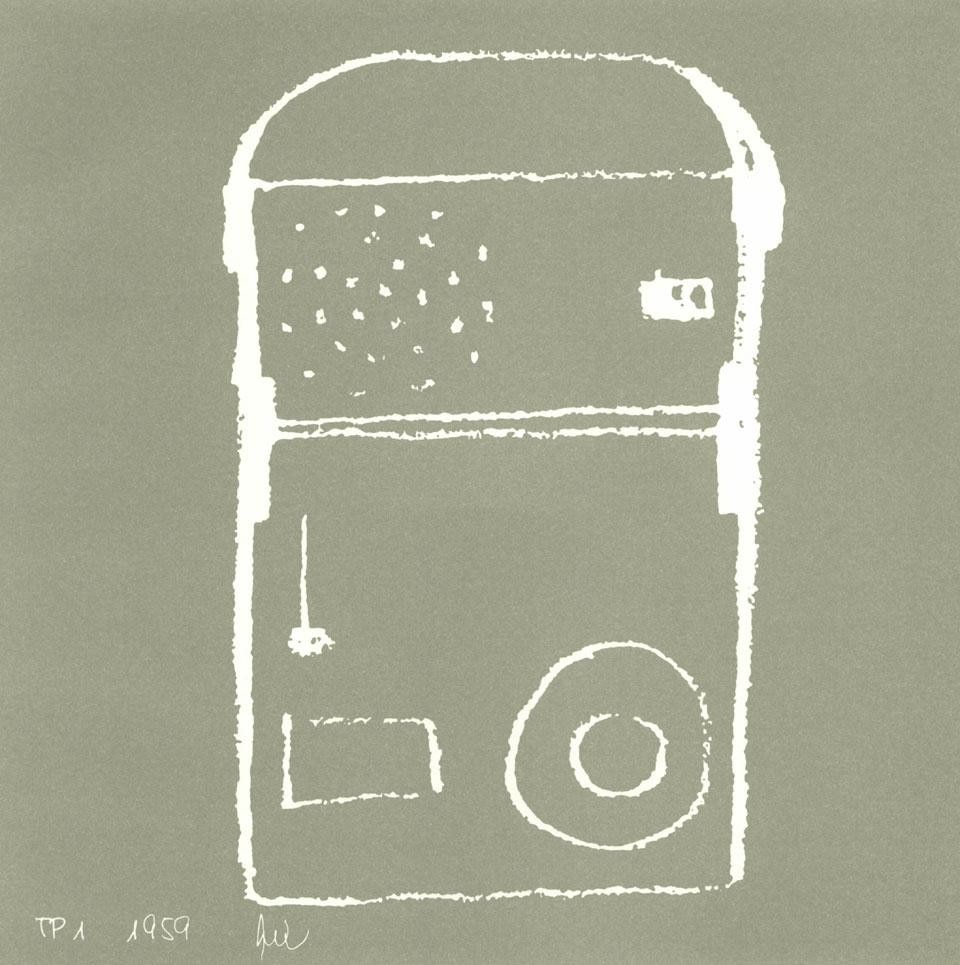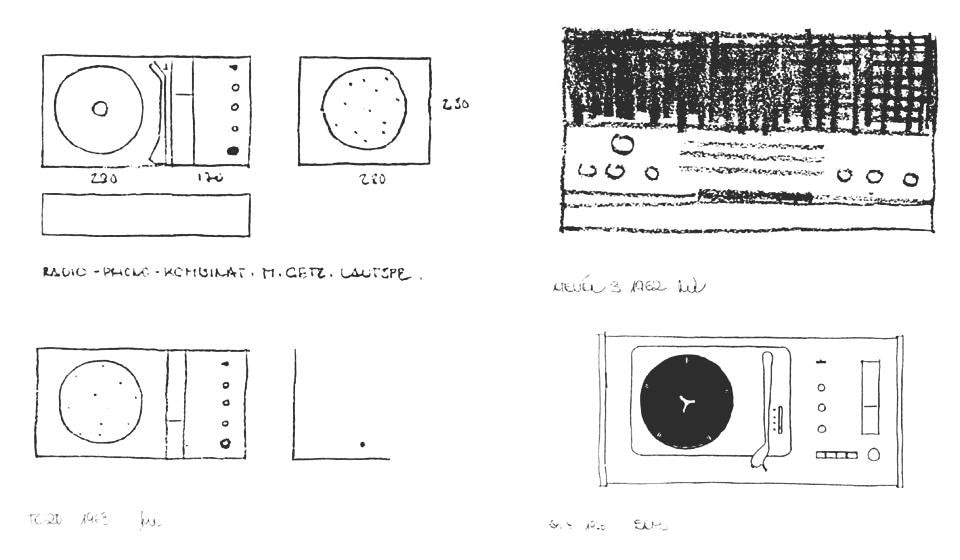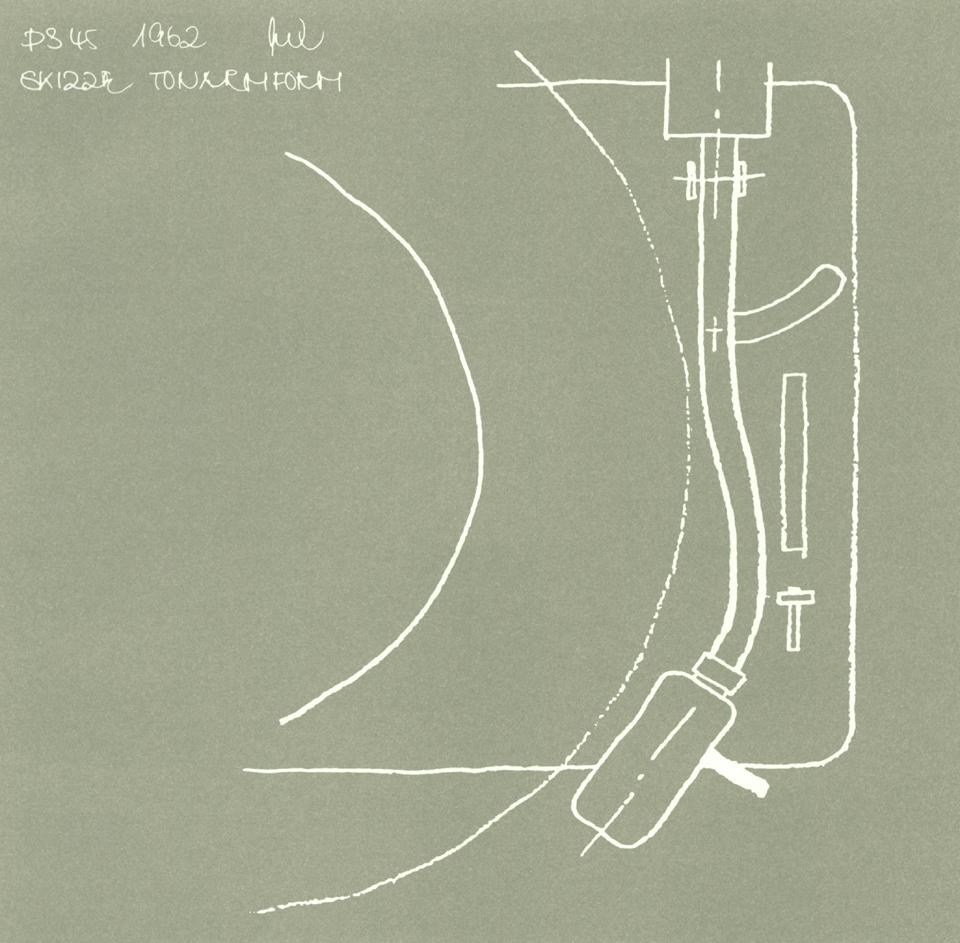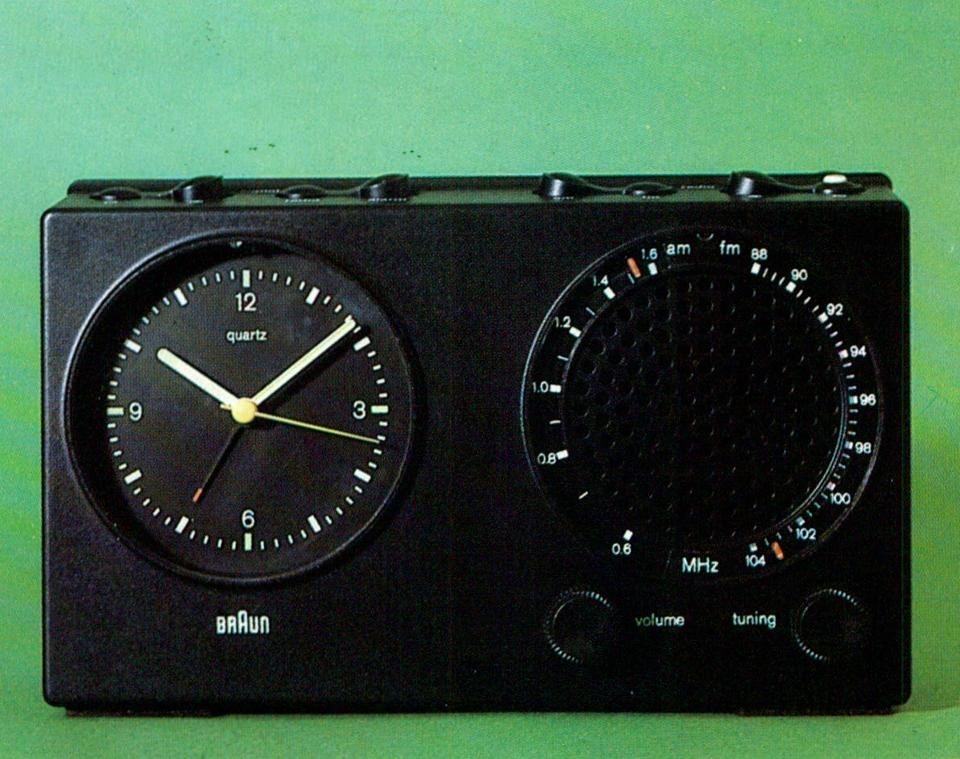Interview with Dieter Rams
Alessandro Mendini: You were the prophet of the mythic period of Braun design. I have always thought of asking you this question: Was your utopia functionalist or was it poetic and purist?
Dieter Rams: I was not the "prophet" of Braun design; if anything, I was a fairly important collaborator and companion in arms. Especially during the second period of Braun design. The first Braun period was marked by the Ulm school, through Hans Gugelot, in the sphere of product design and Otl Aicher in that o graphic design. My own work and that of my group would have been unthinkable without the way paved by them.
I have always liked the simple and the pure — which however is also useful and may possess poetry too. I owe a great deal here to my grandfather, who was a carpenter and always refused machines. The greatest care and honest quality were his principles. The important principle in design in my mind is to remove the non-essential in order to bring out the essential. Good design means to me the least possible design. I believe the time is ripe far a return to the simple. I am against all «isms», including «functionalism».
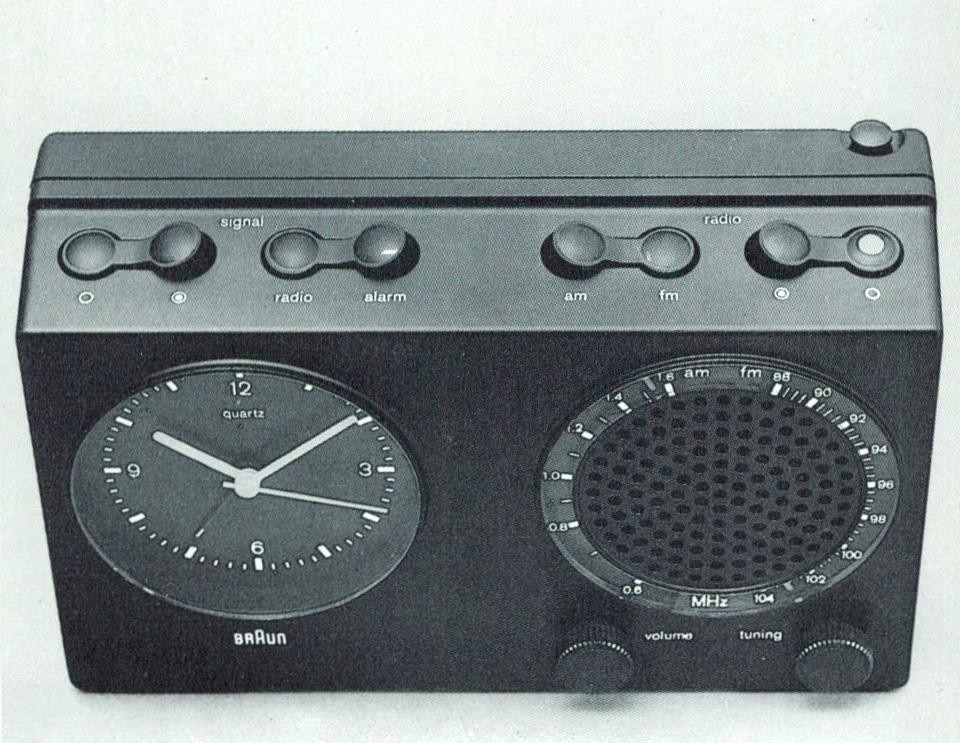
What do you feel today on seeing design thrown into confusion by so much linguistic eclecticism?
I feel ill al ease, two trends in particular seem to me dangerous: the speed with which experiments are passed off as finished solutions and presented as such to the public; and the massive way in which expressive media are harnessed to arouse emotive stimuli. I have nothing against experiments, but it is not necessary for them lo be mass produced and then copied by epigones. And I have nothing against a stimulating and fascinating design, but I would like to declare my opposition to a design which is chiefly concerned with stimuli.
Our culture is our abode. And I mean our everyday culture, with the products for which we designers are responsible. A design intended at all costs to be emotive, original, aggressive and striking leads to alienation and stress.
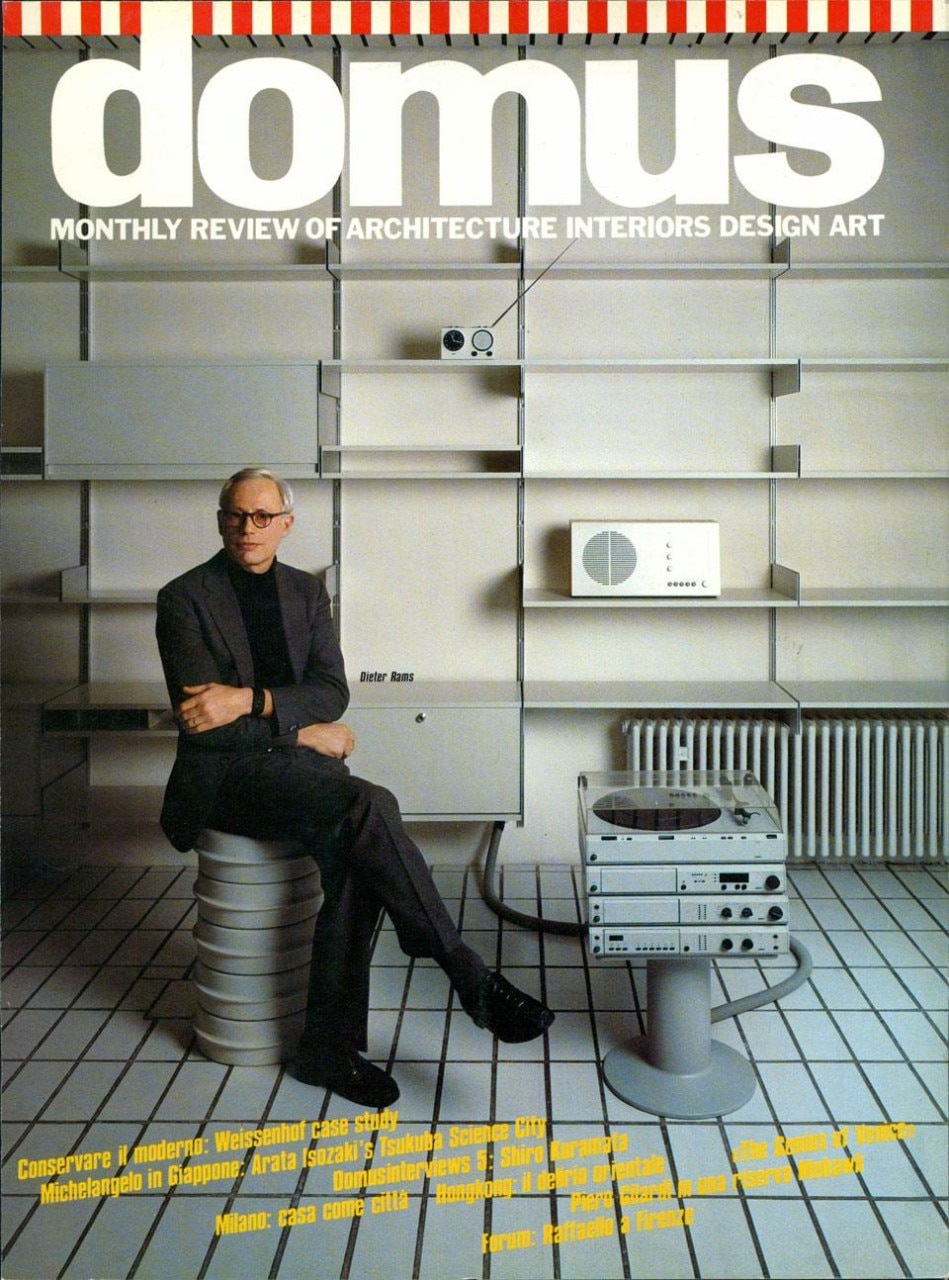
Mass production will have to transform itself into quality production. The designer's contribution is going to be extremely important in this respect. We will have to succeed, for example, in making products more easily comprehensible — in making them talk, as it were, through the media of design. The quality of design requires experience, bravura, tenacity, hard work and creativity. The designer should not be looked upon by companies as a "means of accomplishing a purpose", but as a "meaningful mediator" between the maker and the user, between company and product. In the near future the surveying of man's real necessities will become increasingly important: to understand what man really needs — not only here and now, but tomorrow and the day after tomorrow. Finally, the designer will have to be still more closely linked to company work teams. Reasonable targets, I think. But the way is still long. Companies enlightened can still be counted on the fingers of one hand.
I know by experience that visions of the future and declarations of intent do not carry me forward. On the contrary, they impede the short steps by which I must proceed
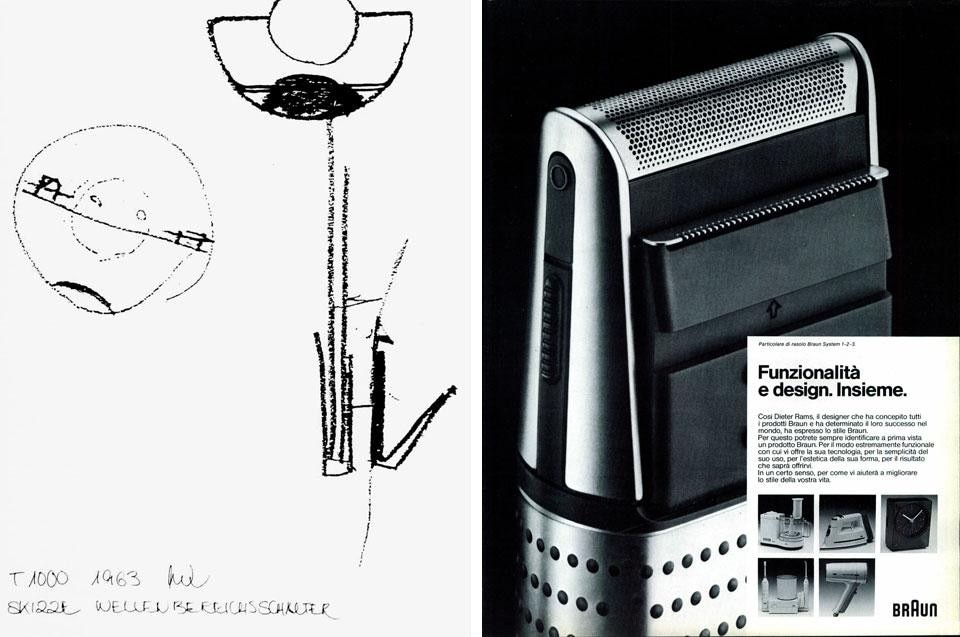
I have already dealt wilh that question in my previous answers. I cannot imagine industrial design without a methodological and logical approach.
Can you describe in a nutshell your latest utopia?
I do naturally cherish thoughts in my imagination, and hopes, that are projected into the future. I would not like to talk about them here before they are transformed into concrete solutions. Design is always down to earth. It is not concerned with speculation, but with tangible, usable objects. I know by experience that visions of the future and declarations of intent do not carry me forward. On the contrary, they impede the short steps by which I must proceed.
